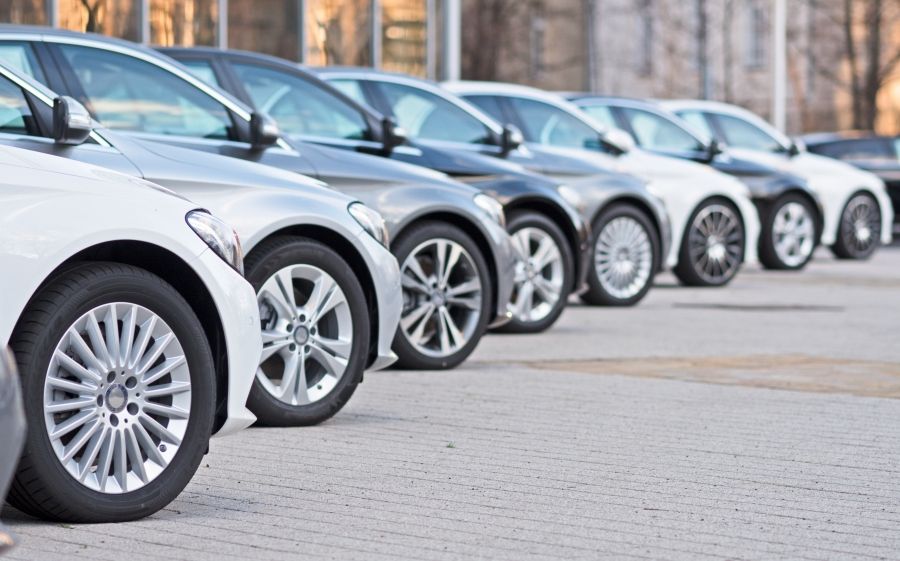When it comes to our cars, there are some expenses we’re happy to pay. A quality car GPS tracking device is an investment worth making, since it gets you where you’re going. While that’s a fee most people are happy to pay, most of us aren’t wild about the ever rising costs of fuel. Just consider that, around this time last year, the national average for a gallon of gas was $1.69. That’s not bad, right? But now, the national average for the same gallon of gasoline is $2.27.
On the one hand, it might not seem like much, considering the cost went up by less than a dollar. On the other hand, those costs add up, and it can be painful for those of us who don’t have salaries rising at an equal rate. Don’t worry, because you’re not necessarily stuck with it. Keep reading, and we’ll share a few helpful and easy tips to help you pinch some pennies when it comes to gas expenses.
- When is the last time you checked your tire pressure? Remember that under-inflated tires don’t just make for a more dangerous drive due to more wear on the tires and reduced handling. They also force your car to work harder and burn more gas. Check your tire pressure monthly. Your owner’s manual will tell you what the recommended PSI should be, so be sure to check the tires when they are “cold,” meaning that they have been sitting for 3 or more hours.
- Ever see those people on the roads that drive like they’re straight out of NASCAR? Lots of sudden stops and fast acceleration might make them think they’re the coolest, but they actually are causing their vehicle to consume up to 30% more fuel. Let those folks pretend to be Dale Earnhardt. If you drive smoothly, you’ll keep fuel consumption down.
- On days when it’s scorchingly hot, we get why it’s necessary to crank up the air conditioning. But it’s not always that hot, which means the a/c isn’t always needed. While there used to be some controversy, hundreds of tests have proven that, when the a/c is turned on, the engine needs to work harder and uses more gas. Whenever possible, turn off the cold air and just put the window down.
- We know, sometimes the temptation hits you and you just want to put the hammer down and see how fast your car can really go. But the odds are that you’re not a professional high-speed, so by speeding you run the risk of not only breaking a totally reasonable law and hurting yourself or someone else, but also wasting money. When you drive at 90 MPH, your engine burns through fuel since it has to work harder. Take your foot off the accelerator a little and keep the RPM’s between 2 to 3 thousand.
- Several gas stations these days offer mysterious fuel additives that claim to reduce your fuel consumption. But do they really? How can you be sure. The fact is, some of these unknown fuels can actually create problems. Unless you have hard data on your side about these automotive elixirs, treat them like a scam and avoid them.

